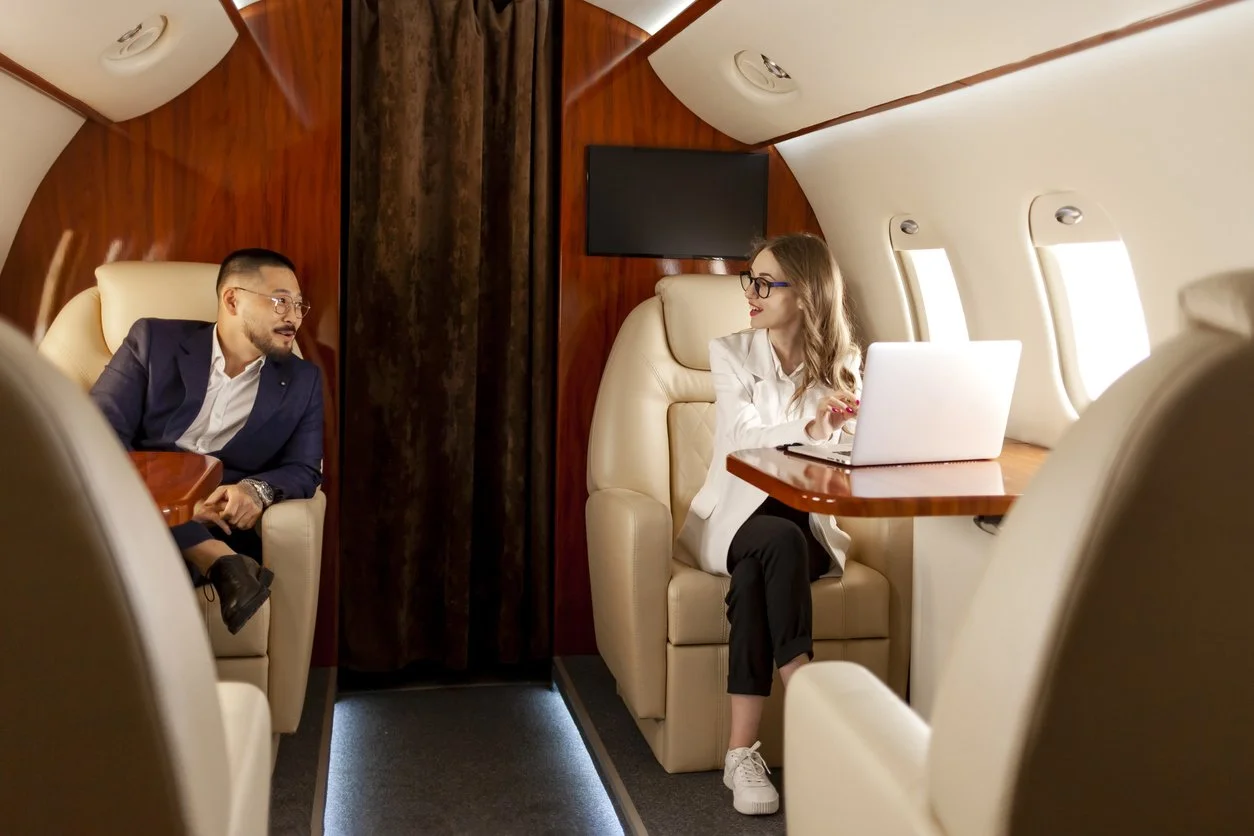The Hidden Cost of Luxury Travel — For Your Staff
Traveling with household staff can feel like an extension of your daily life — bringing the comforts and routines of home on the road. A familiar nanny, a personal chef who knows everyone’s preferences, and a house manager who works behind the scenes — all contribute to a smooth and luxurious travel experience for you and your family.
However, what often gets overlooked is that your vacation is their job.
And that job comes with invisible costs that few principals take the time to understand.
Staff who travel with you are leaving their own lives — spouses or partners, pets, routines, responsibilities — and entering an environment where the hours are long, the expectations are high, and the boundary between “on” and “off” doesn’t really exist.
If you want to retain great people and get their best performance, it starts with how you support them while traveling.
Here’s what principals need to know before hitting the road
1. Clarity, Not Assumptions
Staff need to clearly understand their roles during your trip. Is the nanny expected to attend all meals? Is the housekeeper helping with laundry and packing only, or also tidying shared spaces? Will the personal assistant be expected to join family outings or stay behind to coordinate logistics? Provide written expectations ahead of time, including hours, dress codes, and daily tasks. When expectations are unclear, staff waste time trying to figure out what’s appropriate, which causes unnecessary stress.
2. Cover the Real Costs
International travel requires more than a suitcase. Visas, vaccinations, insurance, clothing appropriate to the climate and setting — all these things cost time and money.
Lose the per diem! Principals should cover all travel-related costs, including:
Flights and accommodations
Travel visas and entry requirements
Vaccinations or health appointments
Travel insurance
Meals, airport transportation, and personal needs
Cash advance for incidentals or emergency purchases
Also, keep in mind that your staff might need to hire pet sitters, housekeepers, or childcare at home while they’re away. Provide a stipend to help with that.
3. Private Accommodations
Your staff are professionals, not guests — and they’re definitely not on vacation. They need private, quiet space to decompress, sleep, recharge, and work. Whenever possible, provide staff with:
Their own room (not shared with other staff)
Access to a private bathroom
Defined time when they are fully “off duty”
For roles like nannies, who may need to stay near children, ensure that even if they’re close by, they still have designated downtime and privacy.
4. True Downtime
One of the biggest mistakes is assuming that an afternoon by the pool or an invitation to dinner is truly restorative. For many staff, these situations still demand emotional labor — being “on” even when off the clock. Build genuine downtime into their schedules — times when they’re not expected to attend events or be available. Encourage them to use that time to rest, contact family, or handle personal matters. And avoid the temptation to fill their off-hours with “treats” that are really obligations.
5. Post-Trip Recovery
After the trip, staff go back to their regular responsibilities — managing your household, yes, but also handling everything they put on pause at home. They're not returning from a holiday; they’re returning from an intensive, often 24/7 job.
Provide at least as many days off as they spent traveling, if not more. It shows respect for their time, gives them a chance to recover, and ensures they return to their regular duties refreshed, not depleted.
6. Recognition and Compensation
Don’t assume that a first-class flight or a beautiful destination is “enough” of a perk. Staff travel is labor. It should be rewarded accordingly — with:
A generous travel bonus
Clear overtime or on-call pay structures
Prompt reimbursement of all expenses
A sincere, face-to-face thank you
Simple gestures, such as handwritten notes or a post-trip check-in, can go a long way in making staff feel valued and seen.
7. Create a Feedback Loop
After the trip, gather feedback. What went well? What could be improved? Did they have the resources and support they needed? Creating space for staff to reflect — and truly listening to what they say — demonstrates that you’re invested not just in their performance, but in their overall experience.
Final Thought
Staff who travel with you are not just performing a service — they are making a personal sacrifice. When you recognize the emotional, logistical, and financial toll it takes, and meet it with respect, resources, and recovery time, you set a new standard. One that earns loyalty, trust, and — perhaps most importantly — your staff’s best work.
If you want your staff to travel well, take care of them just as thoroughly as you want them to take care of you.
If you’d like these notes in a downloadable format, click the link below.

